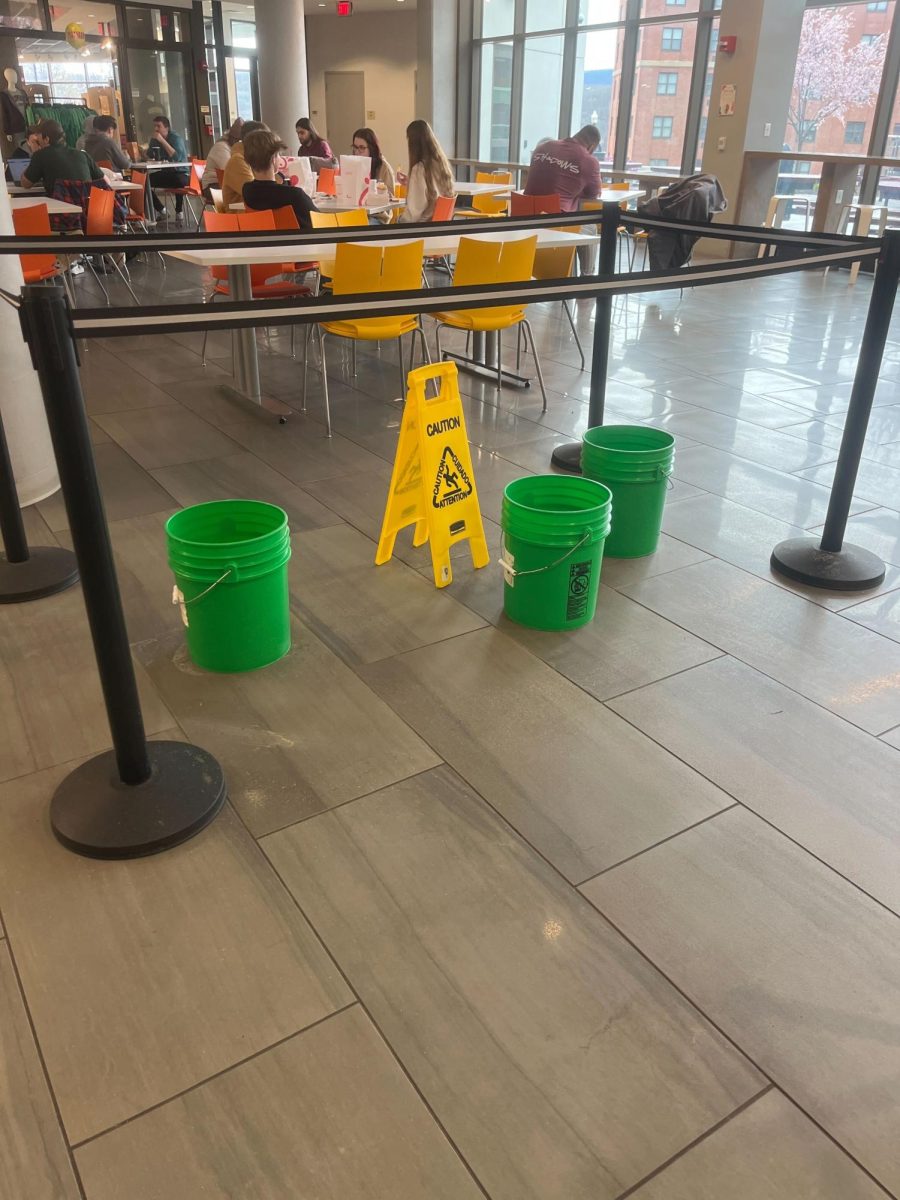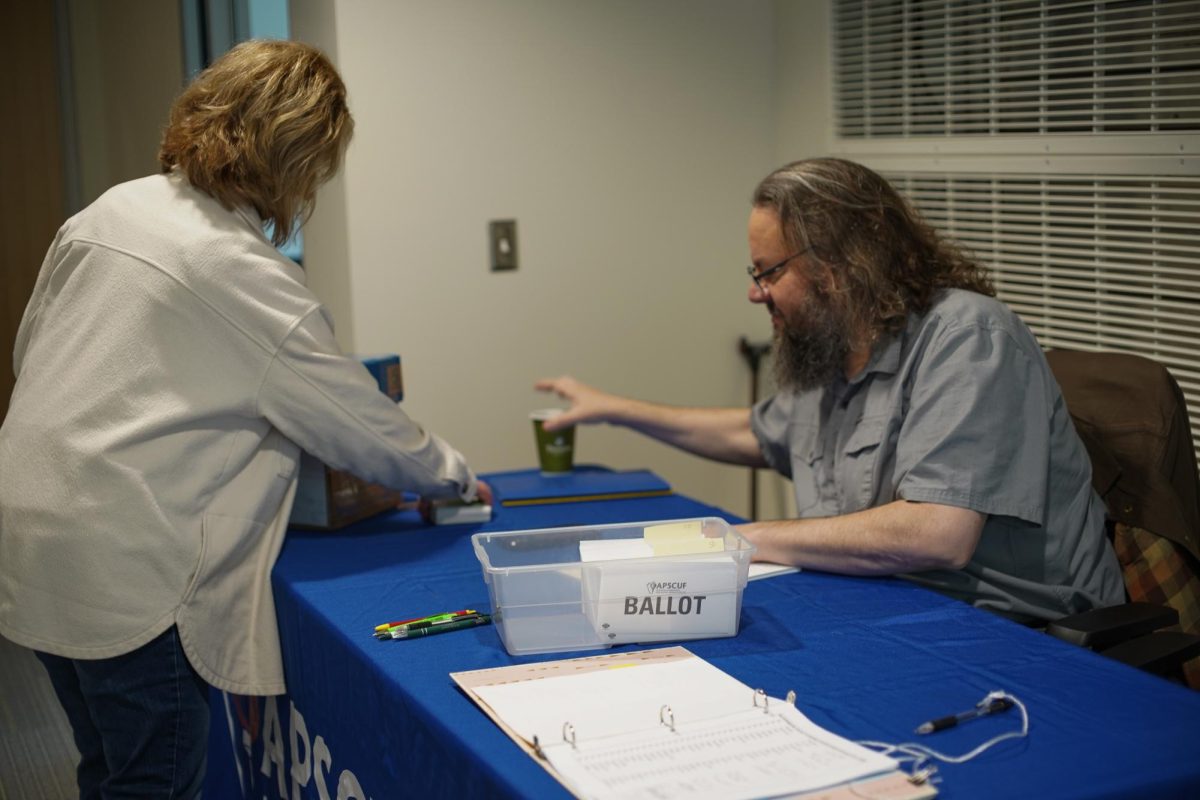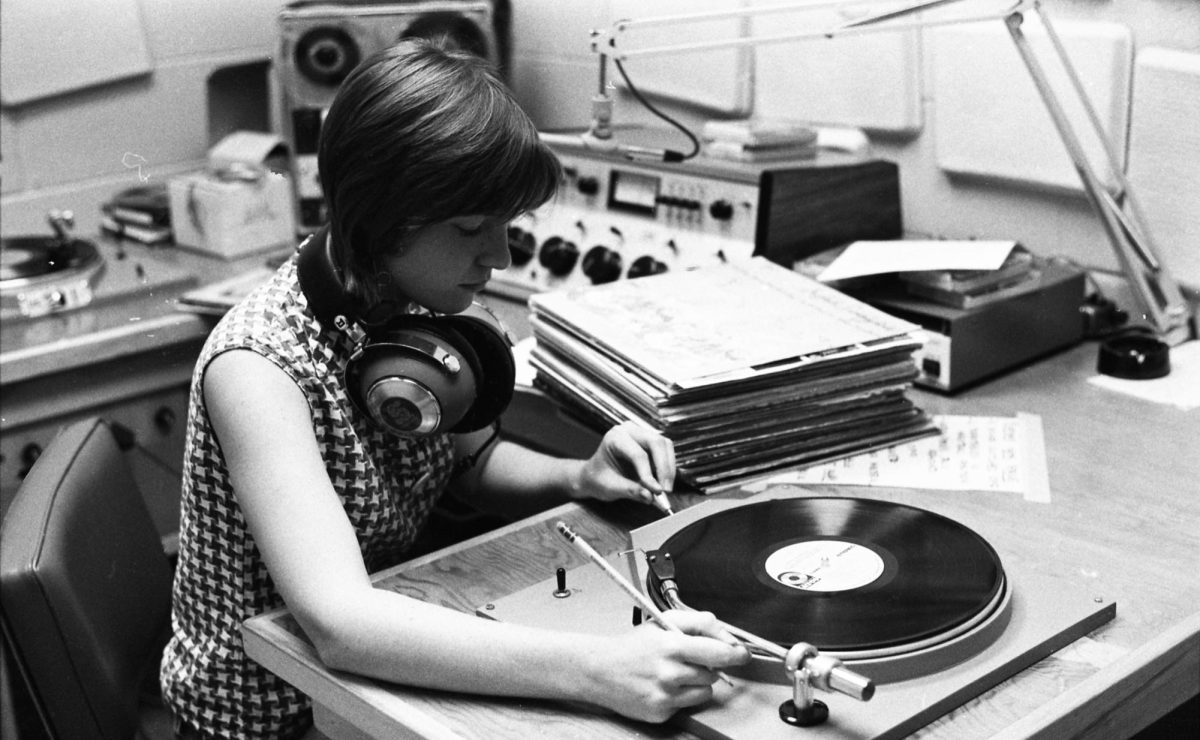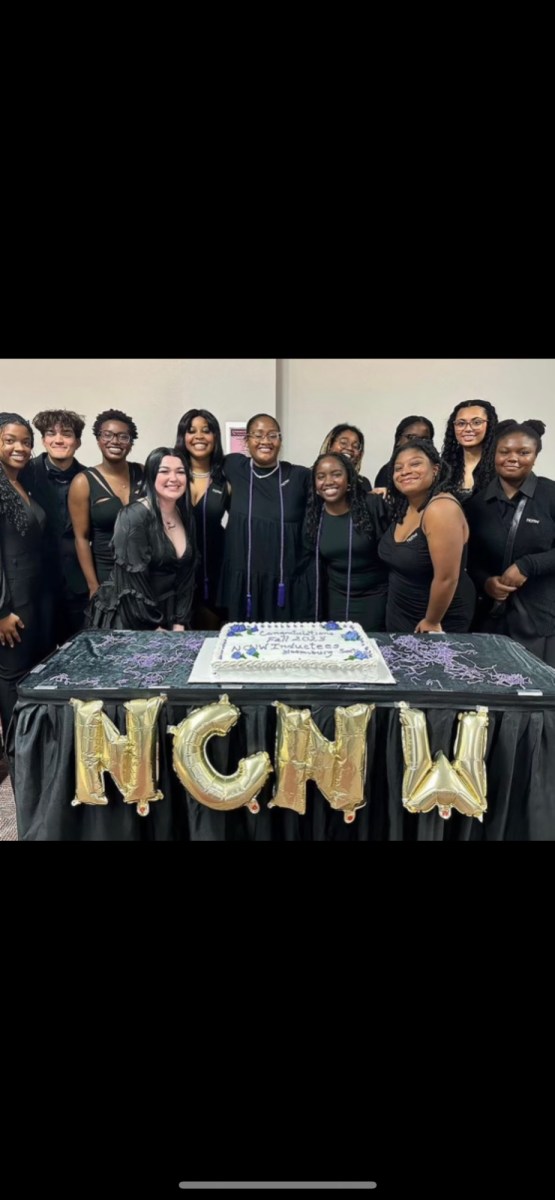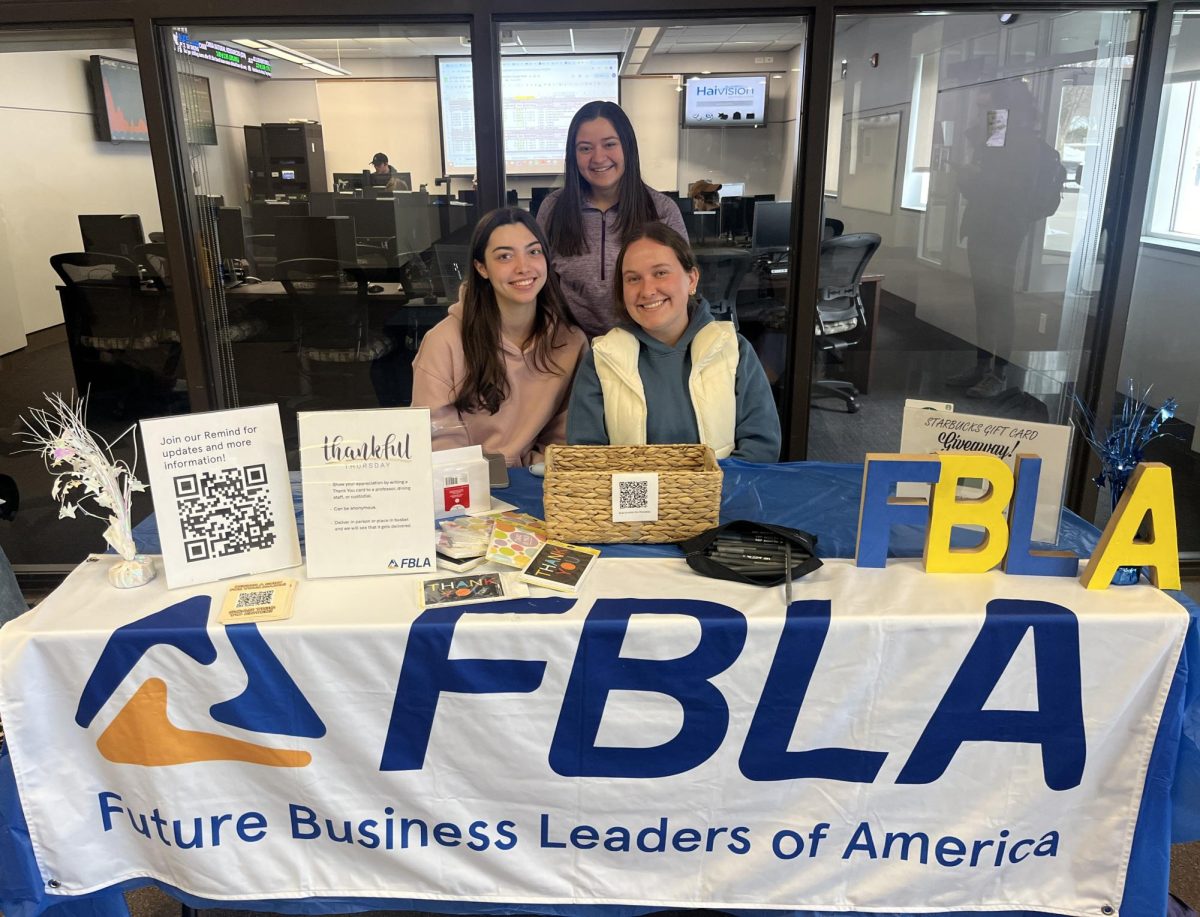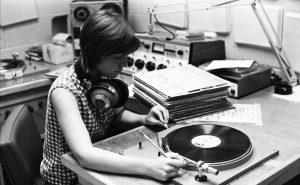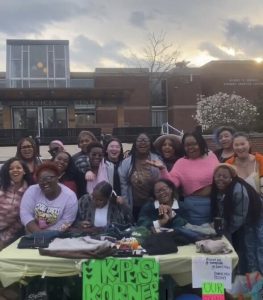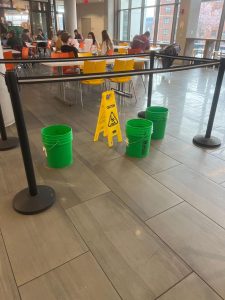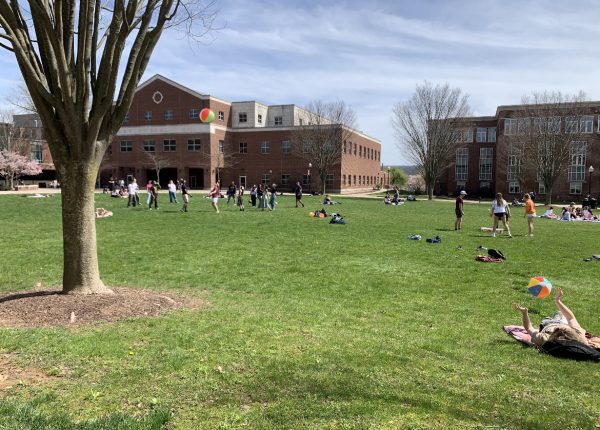Beating the Lottery
September 19, 2019
This past weekend I did something I’ve never done before: I purchased a lottery ticket. Despite being gifted a handful of scratch-off tickets throughout the years, I have never truly played the lottery until this past Saturday rolled around. I bought a Powerball ticket and I actually won…a whole $4!
The ticket had cost me $3 because I splurged for the extra $1 Powerplay option, without really understanding what it means, so I walked away with a $1 profit. I could write all day about the amount I could have won and what I would have spent my big winnings on, but I found myself more intrigued by the psychology behind the lottery.
There was one major factor that contributed to my self-persuasion to purchase that ticket. One may assume the reason to be the nature of my part-time job. When I work the customer service desk at my job, I sell and cash out at least a hundred lottery tickets a day, and that’s when it’s slow.
Now normally when I dole out ticket after ticket for hours on end, I express no desire to purchase a ticket or two of my own. Nor am I swayed to buy one after someone wins a couple hundred bucks. So, despite the logical connection, no my job is not necessarily what tempted me to buy the ticket.
The only reason I bought that ticket is because I was absolutely, utterly dead tired. Staying up until 3am a few nights to finish homework, having a late shift at work just to wake up at 5am for an early shift, and admittedly, a regretful night out all combined to make this one of the most exhausting weeks of my existence…and I’m only 21. Even the two 5-hour-energys and venti Starbucks I downed did nothing to combat my drowsiness.
I bought that lottery ticket because I knew that if I had won the jackpot, I’d never have to be that tired again for the rest of my life. I urged myself to write this article because I came to the realization that this sickening mentality, which drove me to participate in the lottery, is not a mentality that is unique to me.
The following day, after I won my $4 and achieved my week’s high of 6 hours’ sleep, I thought more deeply about my decision to buy into this government-funded scam. I’ve come to the conclusion that Americans don’t play the lottery when they’re feeling lucky; they play the lottery when they are as exhausted as I was. No one who is satisfied with their life would bother playing the lottery and it’s sad to know that millions of Americans feel the need to buy into this convoluted gamble.
I never used to understand why people played the lottery. If they wanted to gamble at least they could go to a casino or play some poker to have a little fun while they threw their money away. I’m sure those who play the lottery have heard that money can’t buy you happiness, but here in America, money can buy you opportunity.
It’s one of America’s living, breathing, foundational myths: even its poorest citizen has a chance to rise to the upper-class this country. And it’s the failure to achieve this fatiguing myth that keeps that Powerball jackpot growing.
As a business model, the lottery is genius. It runs completely on the public’s willingness to “donate” a fraction of their paycheck to earn a chance at winning the pay-ins of the millions of other fools who decided to “donate” to the same cause.
And yes, once in a while someone does win a large lumpsum. When that happens, the media coverage and the winners themselves do an outstanding job of providing a great deal of free advertising.
Television shows like “The Lottery Changed My Life” hone in on our emotional attachments to the aforementioned disillusion of a more easily obtained American Dream. If you’re too cynical for the emotional appeal to affect you, fear not.
There are hundreds of books on the market claiming there is a strategy or formula behind winning the lottery: the authors themselves have been winners, so these “How to Win the Lottery” books must be credible sources.
The business design of the lottery becomes stronger yet because it is backed up by the federal government. The IRS can tax the heck out of anyone who wins a big pot, so why would the government ever try to shut down such a lucrative source of income?
I’m not a conspiracy theorist nor am I attempting to turn our nation’s economic infrastructure on its head by saying all of this. I mean, after all the lottery does generate a lot of much-needed state revenue.
However, a pretty hefty chunk of my paycheck already goes to the federal and state governments, so why on Earth would I willingly pay into them a third time? They don’t even seem to spend my taxes on the things I find value in anyway!
Even though state and federal governments do benefit from the lottery and can make positive changes with the money, I return to my original argument that the lottery is only such a large success because the general public is overly exhausted from and unhappy with their lives.
If these governments were successful at using lottery revenues to better our lives in this country, I would expect to see a lot less desperate folk trying to win better lives.
Isn’t it kind of sadistic of our governments to profit from our exhaustion, unhappiness, and skewed notion of how to achieve the American Dream?
If you’re one of those people who spend over $20 a week on lottery tickets, I strongly urge you to save your money and maybe save up for something nice; if you’re feeling guilty about not “donating” to the state’s revenue don’t forget you’ll help them out with the sales tax anyway.
To conclude, I implore you all to stop dreaming about winning the lottery and starting thinking about beating the lottery instead, by not playing at all.
Anna is a senior English major and is the Op/Ed Editor for The Voice.


